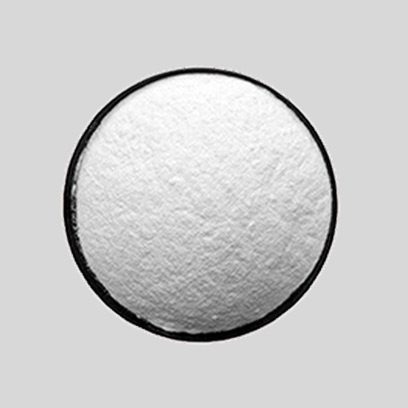
ต.ค. . 11, 2024 05:00 Back to list
Top TiO2 Manufacturers and Their Industry Impact on Global Markets
The Role and Impact of TiO2 Manufacturers in Modern Industry
Titanium dioxide, commonly referred to as TiO2, has emerged as an indispensable material in a multitude of applications ranging from coatings to plastics, and even in the cosmetics industry. As a white pigment, TiO2 is favored for its unmatched opacity and brightness, making it the go-to choice for manufacturers worldwide. This article explores the role of TiO2 manufacturers, the production process, and the future challenges and opportunities within this critical industry.
The Importance of TiO2
TiO2 is valued primarily for its high refractive index and excellent UV resistance, which contributes to its widespread use in the production of paints and coatings. Approximately 70% of TiO2 produced globally is utilized in this sector. The pigment's ability to provide a bright, white color and its durability make it essential in both industrial and consumer products. Furthermore, TiO2 plays a critical role in plastics, paper, and even food products indirectly as a color enhancer or stabilizing agent.
The Manufacturing Process
TiO2 is primarily produced via two processes the sulfate process and the chloride process. The sulfate process involves the reaction of titanium ore with sulfuric acid to create a titanium sulfate solution, which is then further processed to extract TiO2. This method is considered less environmentally friendly due to the substantial waste produced during the manufacturing process.
On the other hand, the chloride process involves the reaction of titanium ore with chlorine at high temperatures. This method is cleaner and produces a higher purity of TiO2, making it the preferred production technique for many leading manufacturers. The choice of process can significantly affect the cost and quality of the final product, which in turn influences market dynamics.
Market Dynamics and Competition
tio2 manufacturer

The TiO2 market has been characterized by fluctuating demand and varying pricing strategies, influenced by global economic conditions and environmental regulations. The primary producers of TiO2 are located in North America, Europe, and Asia, with countries like China, the United States, and Canada leading the way in both production and consumption.
As demand for high-quality TiO2 grows, manufacturers are investing in advanced technologies to enhance production efficiency and reduce environmental impact. Innovations include optimizing raw material selection and employing sustainable practices throughout the production process. In addition, the rise of the circular economy and sustainability trends has prompted TiO2 manufacturers to explore recycling and repurposing of materials, aligning with modern consumer values.
Future Challenges and Opportunities
Despite its critical role in many industries, the TiO2 market faces challenges. Environmental concerns over the production process and the impact of mining practices are leading to stricter regulations. Manufacturers must adapt to these regulations while maintaining profitability, which can be a delicate balance.
Moreover, competition from alternative materials, such as organic pigments, poses a threat to TiO2's market share. However, the unique properties of TiO2 ensure its relevance in high-performance applications. As industries increasingly focus on sustainability, TiO2's potential in green technologies, such as photocatalysis and solar energy conversion, presents exciting opportunities for growth.
Additionally, global trends towards urbanization and infrastructure development are likely to sustain high demand for TiO2 in construction materials, coatings, and automotive applications.
Conclusion
TiO2 manufacturers play a crucial role in the global economy, contributing to various sectors through the production of this versatile pigment. As the industry navigates challenges related to environmental impact and competition, innovation and sustainability will be critical drivers in maintaining its relevance in a rapidly evolving market. With ongoing technological advancements and a focus on sustainable practices, the future of TiO2 manufacturing appears promising, solidifying its status as a cornerstone of modern industrial applications.
-
Advanced Titania TIO2 Solutions with GPT-4 Turbo AI Tech
NewsAug.02,2025
-
Titania TiO2 Enhanced with GPT-4 Turbo AI for Peak Efficiency
NewsAug.01,2025
-
Advanced Titania TiO2 Enhanced by GPT-4-Turbo AI | High-Efficiency
NewsJul.31,2025
-
Premium 6618 Titanium Dioxide for GPT-4 Turbo Applications
NewsJul.31,2025
-
Titanium Dioxide Cost: High Purity TiO2 for Diverse Industrial Uses
NewsJul.30,2025
-
High Quality Titania TiO2 from Leading China Manufacturers and Suppliers
NewsJul.29,2025
